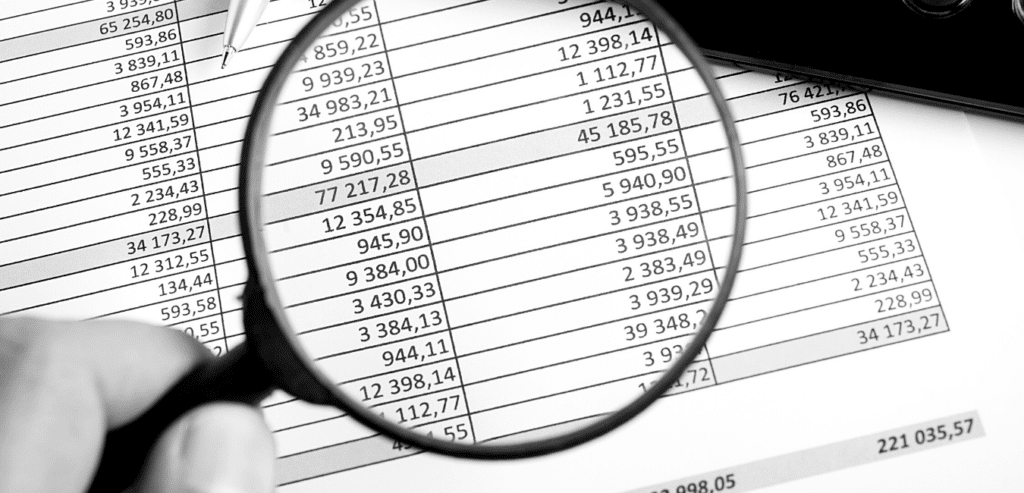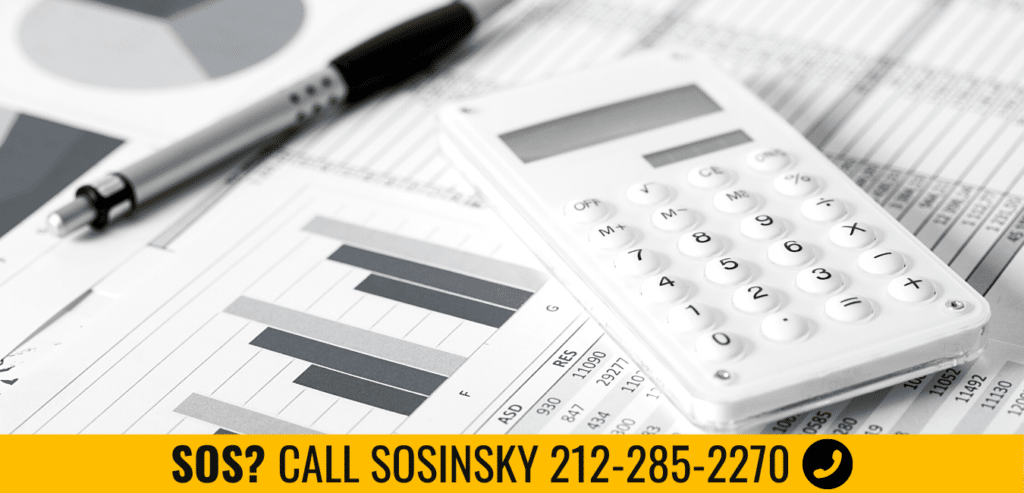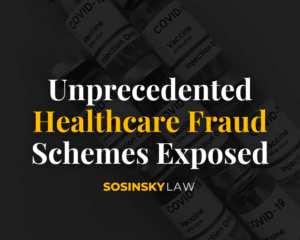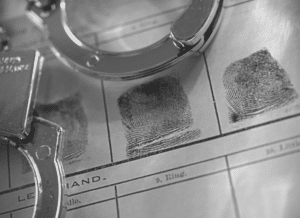NYC False Business Records Lawyer
False Business Records Lawyer in New York City
Corporate officers, executives, and employees of companies increasingly are coming under investigation for financial wrongdoing and breaches of duty. So too those who work for the state, city, or any governmental agency are closely scrutinized and sometimes find themselves in trouble with investigators for actions taken during the course of their employment. If you’re facing charges for falsifying business records in New York, your first move should be to immediately contact an NYC false business records lawyer to represent your case.
When it comes to the prosecution of individuals accused of creating or offering false entries, records, reports, or documents in connection with private businesses or municipal or state governments, most often the crimes charged will include falsifying business records or offering a false instrument for filing. The difference between these two classes of crime is dependent upon the entity to which the falsified items pertain: if a commercial enterprise is involved, the crime of falsifying business records in New York may be charged; if a state or city agency is involved, the crime of offering a false instrument may be charged.
Whether the accusation concerns wrongdoing in the private or public sectors, however, anyone charged with these offenses will be facing aggressive and seasoned investigators intent on convicting the accused. To give yourself the very best chance at defeating such charges, you should hire an NYC falsifying business records lawyer such as Frederick Sosinsky. Fred has been representing clients accused of these white collar offenses for more than 30 years and as scores of these clients can attest, he has been most successful in having such white collar crime charges dismissed whether at trial or through skillful motion practice. Fred well knows that the most important case is your case and that your continued freedom regardless of any mistakes you may or may not have made is paramount.

Definition for Falsifying Business Records under New York Laws
According to Penal Law § 175.05 in New York, there are specific conditions that must be met in order for a person to be charged with the crime of falsifying business records. To secure a conviction, the prosecution must establish the following elements beyond a reasonable doubt. Falsifying business records in the second degree is committed when an individual, with the intent to defraud, engages in the following actions:
- Makes or causes a false entry in the business records of an enterprise; or
- Alters, erases, deletes, obliterates, destroys, or removes a true entry in the business records of an enterprise; or
- Omits to make a true entry in the business records of an enterprise in violation of a duty to do so which he or she knows to be imposed upon them by law or nature of the position; or
- Prevents the making of a true entry or causes the omission thereof in the business records of an enterprise.
Enhanced charges can be imposed for the act of falsifying business records, depending on the circumstances. Falsification of records in the first degree encompasses various actions that render a person guilty, such as:
- Committed the crime of falsifying business records in the second degree; and
- When his or her intent to defraud includes an intent to commit another crime; or
- The purpose is to aid or conceal the commission of a crime.
According to New York Penal Law § 175.00, an “enterprise” refers to any entity, regardless of whether it is corporate, public, or private, that involves one or more individuals. These entities can engage in various activities such as business, commercial, professional, industrial, eleemosynary, social, political, or governmental endeavors.
Additionally, under penal law, a “business record” is defined as any written document or article that an enterprise keeps or maintains to demonstrate or reflect its condition or activities. This category may include computer data or programs.
Falsifying Business Records in the Second Degree
Falsifying Business Records in the Second Degree is a Class A misdemeanor punishable by one year in jail. A person may be charged with Falsifying Business Records in the Second Degree in New York when, with intent to defraud, he or she makes or causes a false entry in the business records of an enterprise; or alters, erases, obliterates, deletes, removes or destroys a true entry in the business records of an enterprise; or omits to make a true entry in the business records of an enterprise in violation of a duty to do so which he or she knows to be imposed upon him or her by law or by the nature of his or her position, or prevents the making of a true entry or causes the omission thereof in the business records of an enterprise.
Falsifying Business Records in the First Degree
Falsifying Business Records in the First Degree is a Class E felony punishable by up to four years in state prison. A person may be charged with Falsifying Business Records in the First Degree in New York when he or she commits the crime of falsifying business records in the second degree and when his or her intent includes an intent to commit another crime or to aid or conceal the commission thereof.
History and human nature teach us that often when a person attempts to improperly alter or change an enterprises’ records, it is to cover up some other form of misconduct — frequently a theft — that might otherwise be more easily uncovered. Where there is another crime involved, a charge of falsifying business records will be accompanied by that other crime as well.
The law contains a statutory defense when the accused is a “clerk, bookkeeper or another employee who, without personal benefit, merely executed the orders of [their] employer or of a superior officer or employee generally authorized to direct [their] activities.” Quite obviously, in cases where the accused otherwise fits the bill, the issue comes down to whether there is some intangible sort of personal benefit to him or her as a result of following the direction of a superior.
It is significant to note that a person may violate this provision of the Penal Law even if he or she is employed by a governmental or quasi-governmental agency. After all, such entities maintain records in the regular course of their business even though they are not commercial enterprises. Such charges can be tough to navigate without an experienced NYC false business records lawyer who has represented many countless similar cases in the New York courts.
Offering a False Instrument for Filing in the Second Degree
Offering a False Instrument for Filing in the Second Degree is a Class A misdemeanor punishable by up to one year in jail. A person may be charged with Offering a False Instrument for Filing in the Second Degree in New York when, knowing that a written instrument contains a false statement or false information, he or she offers or presents it to a public office or public servant with the knowledge or belief that it will be filed with, registered or recorded in or otherwise become a part of the records of such public office or public servant.
New York law has a very broad definition of a written instrument which includes any document or computer data used for the purpose of recording information or evidencing any value, right, privilege, or identification capable of being used to the advantage or disadvantage of a person.
Offering a False Instrument for Filing in the First Degree
Offering a False Instrument for Filing in the First Degree is a Class E felony punishable by up to four years in state prison. A person may be charged with Offering a False Instrument for Filing in the First Degree in New York when, knowing that a written instrument contains a false statement or false information, and with intent to defraud the state or any political subdivision, public authority, or public benefit corporation of the state, he or she offers or presents it to a public office, public servant, public authority or public benefit corporation with the knowledge or belief that it will be filed with, registered or recorded in or otherwise become a part of the records of such public office, public servant, public authority or public benefit corporation; or he or she commits the crime of offering a false instrument for filing in the second degree; and the instrument is a financing statement unrelated to an actual transaction, the property is owned by a public officer and the lien was filed in retaliation for the performance of official duties.
As can be seen, it is the specific intent to defraud the state or city through the submission of false information that elevates this crime from misdemeanor to felony. But because the motivation to file such false information will almost always be to defraud the municipality into accepting the submission as genuine and accurate, there are far more felony cases of offering false instruments than the lesser crime.

There are Defenses to Falsifying Business Records and False Filing Charges
There are an array of potential defenses to these white collar offenses that a federal criminal defense attorney that specializes in falsifying business records can assist with. As stated previously, these charges are especially serious in New York and it’s recommended that you seek professional representation from an NYC false business records lawyer right away
First, there may be a lack of knowledge or awareness that an entry or document contained false information. Oftentimes, those who work at business entities depend upon the accuracy of data provided to them by other employees when making reports including such data. In other instances, the accused may have failed to detect the erroneous information due to neglect or lack of care but not an intent to deceive.
Second, although the accused may have knowingly made false entries, they may have done so after being pressured by another employee to do so and with nothing to gain for themselves.
Third, so long as it can be shown that the accused was not the one to have provided the false information to the state, it may be very difficult to prove that they harbored an intent to defraud rather than were operating as a result of an error or mistake.
Penalties for Falsifying Business Records in New York
In New York, the penalties for falsifying business records are determined by different degrees. If someone falsifies business records to conceal a crime, the penalties become more severe. A conviction for falsifying business records in the second-degree results in a class A misdemeanor charge. Class A misdemeanors carry maximum legal consequences, which include:
- A possible fine of up to $1,000; and
- Possible jail time for up to one year.
If the accused individual is found guilty of committing first-degree falsification of business records, the penalties are heightened. A charge of first-degree falsification of business records can lead to a class E Felony.
The maximum penalties for a class E felony include:
- Possible fine determined by the court; and
- Possible prison term of up to four years.
It is important to note that there exists a valid defense for individuals who are charged with falsifying business records. Specifically, individuals acting as clerks, bookkeepers, or other employees who are solely carrying out orders may be exempt from criminal liability. However, it is crucial that these orders do not serve their personal interests and are provided by their employer, superior officer, or someone who oversees their activities.
Statutes of Limitations for Falsifying Business Records & Embezzlement in New York
The term “statute of limitations” is essentially legal terminology referring to a deadline. It represents the timeframe within which prosecutors are required to formally file charges for a criminal offense. In New York, the duration of these limitations varies based on the severity of the offense.
For the crime of falsifying business records in the second degree, a conviction leads to a Class A misdemeanor. Misdemeanors, regardless of the offense, are subject to a statute of limitations of two years in New York. Conversely, falsifying business records in the first degree is considered a Class E felony, which carries a statute of limitations of five years.
Contact An Expert NYC False Business Records Lawyer Today
Whatever the circumstances, NYC Falsifying business records lawyer Fred Sosinsky will use his three decades of experience and savvy negotiating skills to provide you with the best defense to such charges. Call Fred now for a free consultation and case evaluation.
SOS? CONTACT SOSINSKY
NYC Criminal Defense

Unprecedented Healthcare Fraud Schemes Exposed
Unprecedented Healthcare Fraud Schemes Exposed: A Glimpse into the Recent DOJ Crackdown In a groundbreaking move, the Department of Justice has unveiled criminal charges against

Conspiracy Charges in NY
NYC Conspiracy Crime Lawyer Conspiracy charges in NY are valid when two or more parties make a clear agreement to engage in criminal activity. Under
